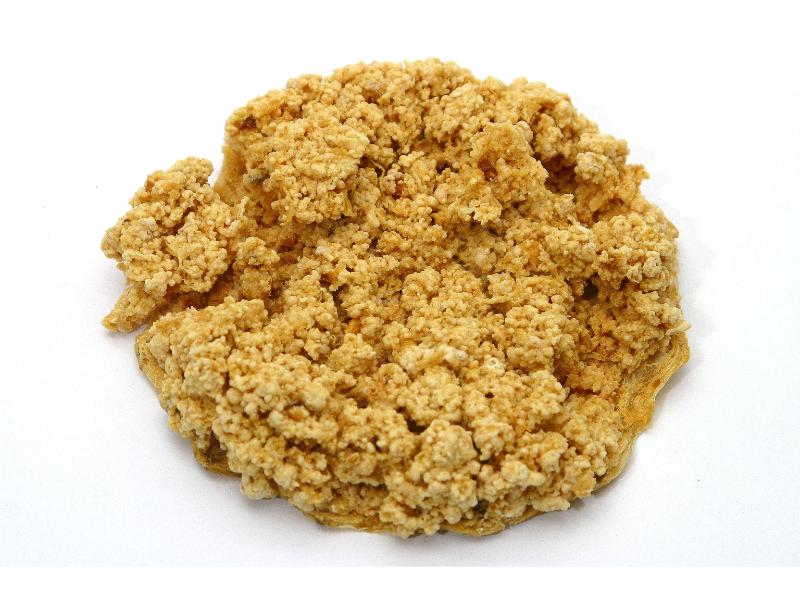Search in medicinals
Hominis Placenta
Placenta
紫河车 〔紫河車〕 zǐ hé chē

Alternate English names: human placenta
Alternate Chinese names: 胞衣 bāo yī; 混沌皮 hún dùn pí; 混元皮 hún yuán pí; 混沌衣 hún dùn yī; 胎衣 tāi yī; 胎盘 tāi pán; 紫河车 zǐ hé jū
Kingdom: Animal
Origin in PRC Pharmacopoeia: Homo sapiens L. (PRC Pharmacopoeia)
Origin in unofficial sources: Homo sapiens L.
Use: Medicinal
Category: Supplementing agents / Yáng-supplementing agents
Properties: Sweet, salty; warm.
Channel entry: Lung, liver, and kidney channels.
Actions and indications:
- Warms the kidney and supplements essence: Infertility, impotence, seminal emission, aching lumbus, tinnitus.
- Promotes qì absorption and calms panting: Panting and cough in dual vacuity of the lung and kidney.
- Boosts qì and nourishes the blood: Qì and blood depletion with withered-yellow facial complexion, emaciation, and scant breast milk after childbirth.
Dosage and method: Oral: 2.4–4.5g; use in pill preparations.
Warnings: Unsuitable in yīn vacuity with heat. Zǐ hé chē must be subjected to strict quality control to ensure safety, and its sale may be controlled in some regions because it is a human tissue product.
Quality: Clean, neatly shaped yellow or purplish red cakes are the best.
Back to search result Previous Next